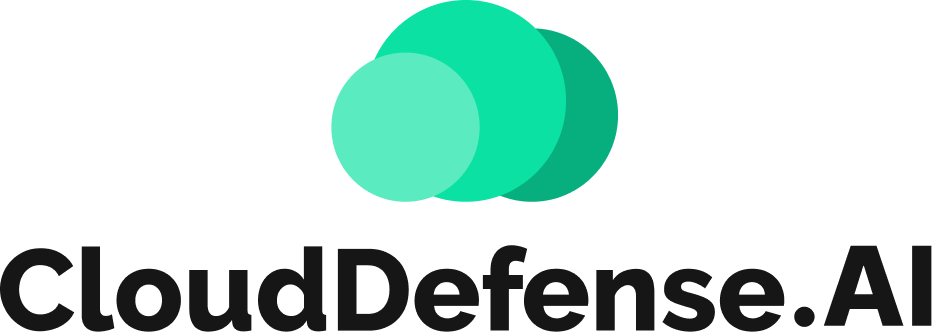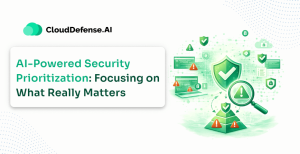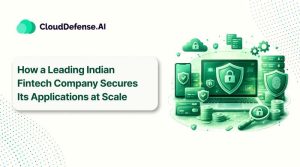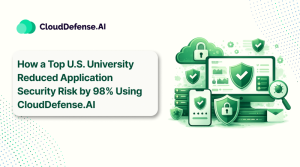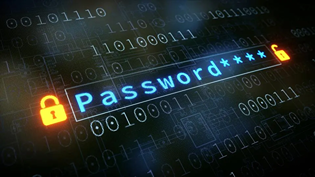
Hold on to your passwords, folks! In what can only be described as a jaw-dropping revelation, nearly 10 billion unique passwords leaked onto a notorious crime forum. Yes, you read that right—10 billion! A hacker, ominously named ‘ObamaCare,’ has uploaded this colossal database of stolen credentials, shaking the cybersecurity world to its core. But what does this mean for you and me? Let’s dive into the details of this unprecedented leak and figure out what we need to do next.
What is the RockYou2024 Password Database?
So, what exactly is this RockYou2024 database that has everyone on high alert? According to security researchers from Cybernews, it’s the largest compilation of stolen passwords ever seen, boasting a staggering 9,948,575,739 unique entries.
This mammoth collection seems to be an updated version of the RockYou 2021 database, which already contained a mind-boggling 8.4 billion passwords. The new addition of 1.5 billion passwords includes data from various breaches spanning the last few decades. Imagine the vast number of systems and services these leaked passwords could potentially unlock!
Is the Data Legitimate?
Now, before you start changing all your passwords, let’s address the big question: is this data for real? Some security experts are skeptical. While Cybernews stands by their discovery, noting that they could verify some of the data as authentic, others have their doubts.
Davey Winder, a technology journalist, suggests that a significant portion of the database might be “garbage” or outdated information. Despite these concerns, the RockYou2024 database still represents a serious risk because even a small fraction of nearly 10 billion passwords could lead to massive security breaches.
Should People be Worried?
Okay, time to get serious. Should you be freaking out about this leak? The short answer is, not quite, but you definitely need to stay vigilant. Credential stuffing attacks, where hackers use lists of stolen passwords to gain unauthorized access to accounts, are incredibly common and effective.
With this new database, the potential for such attacks increases dramatically. However, there’s a silver lining. Security experts like Daniel Card and Ian Thornton-Trump remind us that the sheer size of this database can actually be a disadvantage to hackers. Managing and using such a vast amount of data isn’t easy, and much of it could be redundant or useless.
That said, the real issue here is our collective reliance on weak, reused passwords. It’s time for everyone to take a good, hard look at their password practices. Are you using unique passwords for each account? Have you enabled multi-factor authentication wherever possible? If not, now’s the time to start.
How to Protect Your Passwords from Hackers?
Protecting your passwords from hackers involves a few essential steps:
- Step 1: Always use unique, complex passwords for each of your accounts. This prevents a single breach from compromising multiple services.
- Step 2: Employ a reputable password manager to generate and store your passwords securely. Password managers not only save time but also ensure your passwords are as strong as possible.
- Step 3: Enable multi-factor authentication (MFA) wherever possible. MFA adds an extra layer of security by requiring a second form of verification in addition to your password.
- Step 4: Stay informed about the latest cybersecurity threats and regularly update your passwords, especially if you suspect any of your accounts might have been compromised.
Final Words
While the RockYou2024 password leak is indeed alarming, it’s also a wake-up call. Use a password manager, enable MFA, and stay informed about the latest cybersecurity threats with CloudDefense.AI. The internet can be a dangerous place, but with the right precautions, we can navigate it safely. Stay safe out there!
